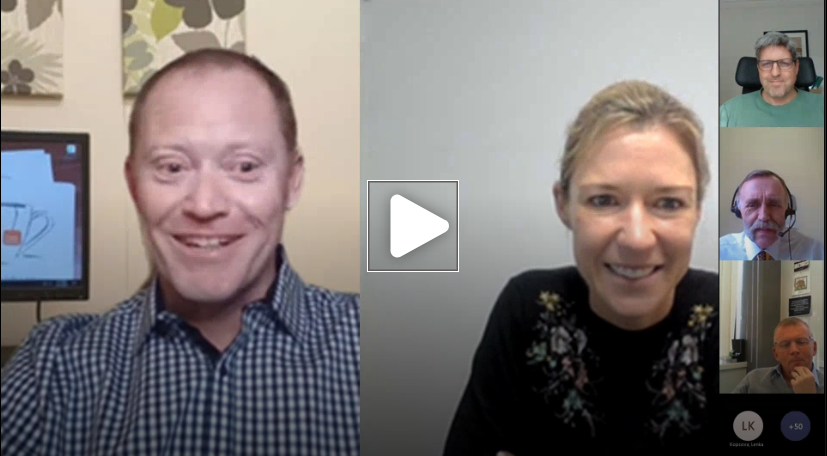Whyalla featured on hit documentary series Australian Story
In September 2018, the ABC’s hit documentary series Australian Story tracked ...

The consequences of neglecting men’s health are far-reaching, impacting not only individuals and families, but also the broader society. As per a report by the National Academies of Sciences, Engineering, and Medicine, the failure to address men’s health concerns has far reaching economic consequences as well, such as decreased workforce productivity and increased healthcare costs. GFG Women’s Network meeting in March, therefore chose to prioritize men’s health and take steps towards promoting awareness, prevention, and early detection, and focus on mental health as well.
As an indication of the severity of the situation, research from the Centers for Disease Control and Prevention (CDC), states that men in the United States have a higher death rate than women for all of the top 10 leading causes of death. This disparity is largely due to men being less likely to seek preventive care and early treatment for health concerns, as well as engaging in riskier behaviours such as smoking and excessive alcohol consumption.

GFG Women’s Network Meeting – an overview by Marian D’Auria, Head of Risk & Sustainability
More than 60 people dialled into the GFG Women’s Network meeting on 15 March and I think it’s fair to say we were all blown away by the candour and openness of the panel speaking on the topic of Men’s Health. Since recording the session, I’ve received a flood of messages from people saying how powerful they found the discussion and promising to immediately implement some of the key takeaways. I would encourage everyone to watch a recording of the chat with Dave Scott, Edgar Hopkin, Sean Aherne and Mark Bamforth which is available here but for those who prefer a quick read, these were my key takeaways from the session:
Dave kicked us off with some eye-opening statistics on how men respond differently to medical issues. Did you know that men are twice as likely to leave two years or more between check-up visits to a GP? Shift work also has a huge impact on health conditions including diabetes and high blood pressure and makes it all the more important that we keep an eye on symptoms which could be indicative of a more serious issue.

The panel went on to discuss some of the reasons behind men’s relative reluctance to seek support around health issues. Mark relayed his personal account of prostate cancer diagnosis, how he delayed getting checked and was eventually prompted to get a biopsy through a health awareness session he attended online. Even having received the diagnosis, he still delayed telling his wife and daughters about his condition until close to the date of his operation. Mark highlighted the feeling of wanting to take care of oneself and not burden loved ones as a reason for not sharing medical concerns. However, having been through the process (and thankfully making a full recovery!) he remarked how important it is to share this information with loved ones, not only to enable them to provide support but also so that they can prepare themselves for what lies ahead.
Sean picked up on this and shared how he came to be involved in supporting mental health in the workplace through I am Here after a colleague sadly took their own life. Sean explained that no one would ever have known that his colleague was struggling until it was too late, and this prompted him to go about putting in place initiatives which would make it easier for people to speak up and share their concerns. The initiatives included putting a wellbeing room in an easily accessible place that people walked past every day on site and could easily pop in and talk to someone, as well as publicising the names and contact details of I am Here ambassadors, so that everyone knew who to contact any time of the day.
Edgar shared his experiences as an occupational health nurse and noted that it is really important that we reach the ‘worried well’ – people who might be concerned about a health issue but haven’t got around to getting it checked, and noted the benefits of early intervention.
Key points covered in the session
We all learnt a lot from this discussion thanks to a fantastic panel. If anyone reading this does have any concerns they wish to raise, please do reach out to your local I am Here ambassador.

Read more about shift work and its impact here
Read more about the barriers with seeking medical support for men here
The next Women’s Network session will take place in May and we already have a number of suggestions for topics including ageing parents and the burden of care suggested by Jeff Kabel. As ever, if you have any feedback or suggestions for future sessions, please do get in touch.

Leave A Reply